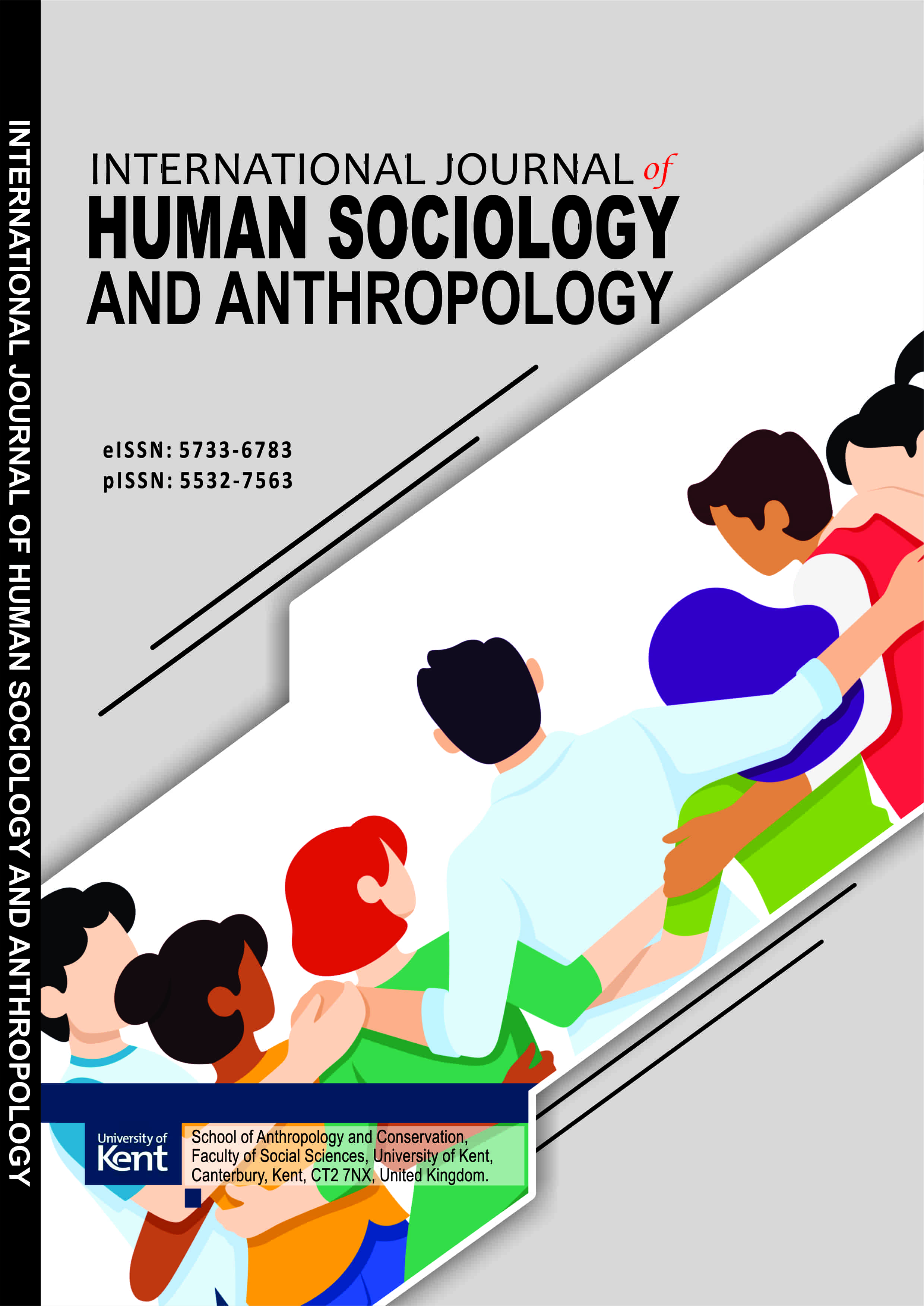INTERNATIONAL JOURNAL FOR HUMAN SOCIOLOGY AND ANTHROPOLOGY (IJHSA)
THE FUTURE OF ARTIFICIAL INTELLIGENCE WITH RESPECT TO SOCIETY: A COMPREHENSIVE REVIEW
E-ISSN: 5733-6783
P-ISSN: 5532-7563
DOI: https://iigdpublishers.com/article/64
Artificial Intelligence (AI) is still in its infancy but continues to bring tremendous benefits to human life and may well prove to be the most powerful technology ever invented. It has played a vital role in our society and has transformed lifestyle of humans to a massive extent. It has the potential to transform health sector, increase productivity, can play a major role in saving environment and enhance both freedom and democracy. In recent past the AI has penetrated into human’s life to a greater extent. Although this penetration has impacted into positive and negative ways on society but, this current era of Digitization can’t survive without adopting AI tools and technologies in solving highly complex and diverse societal problems. Presently, the dependency of humans on AI system has increase manifold and in near future the society may leads to explainable AI, where there are chances for every human activity to be controlled by machines. In this paper, we begin with a general introduction to the field of artificial intelligence, then progress to exploring the subsets of AI and examine their practical applicability with respect to different domains of society followed by Impactful Evaluation where the positive influence of AI in different fields has been explored. Lastly, the focus has been paid to Critical Evaluation in which the negative consequences and various challenges associated with AI has been paid attention. In conclusion, several recommendations for AI systems and their associated applications have been made to enhance its applicability in the society.
Parveen Singh
Guram, H. and Sharma, A., (2021). Patch base segmentation for classification of dementia disorder with optimize feature weight and random forest-based approach. Materials Today: Proceedings, [online] Available<https://www.sciencedirect.com/science/article/pii/S221478532 039893X> [Accessed 11 September 2022].
Sharma, A., Singh, P. & Dhar, G., (2021). Artificial Intelligence and Machine Learning for Healthcare Solutions. 3rd ed. US: John Wiley & Sons, Inc., pp.281-291, 2021.
SHarma, A., Bachate, R., V Pawar, M. & Shardoor, N., (2022). Artificial intelligence-based solutions for COVID-19. 3rd ed. US: Academic Press, pp.167-189, 2022.
SHarma, A., Singh, P. & Dhar, G., (2021). Machine Learning and Data Analytics for Predicting, Managing, and Monitoring Disease. 5th ed. US: IGI Global, pp.140-149, 2021.
Sharma, A. & Dhar, G., (2019). Deep Learning A Compass To Medical Sciences. Think India, 22(17), pp.1737-1746, 2019.
